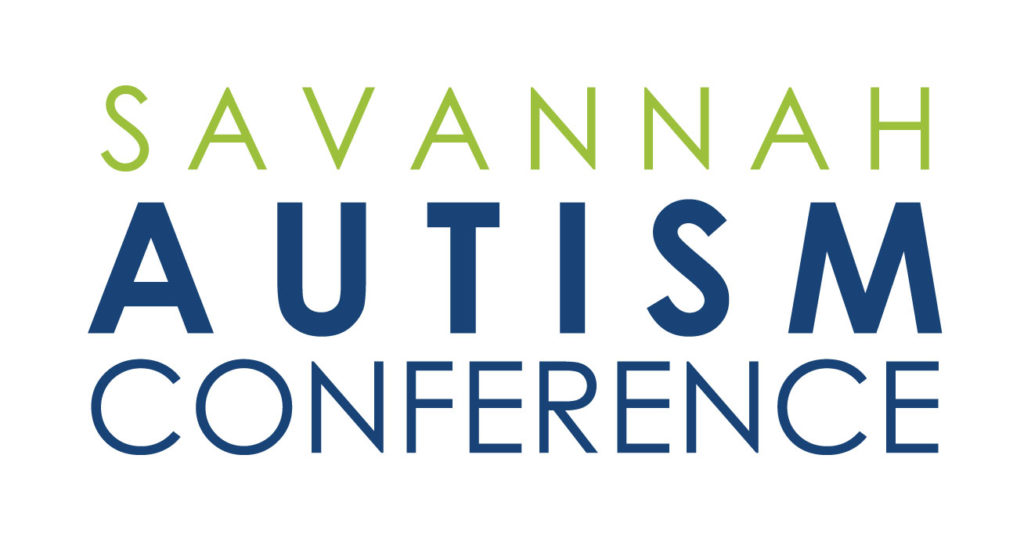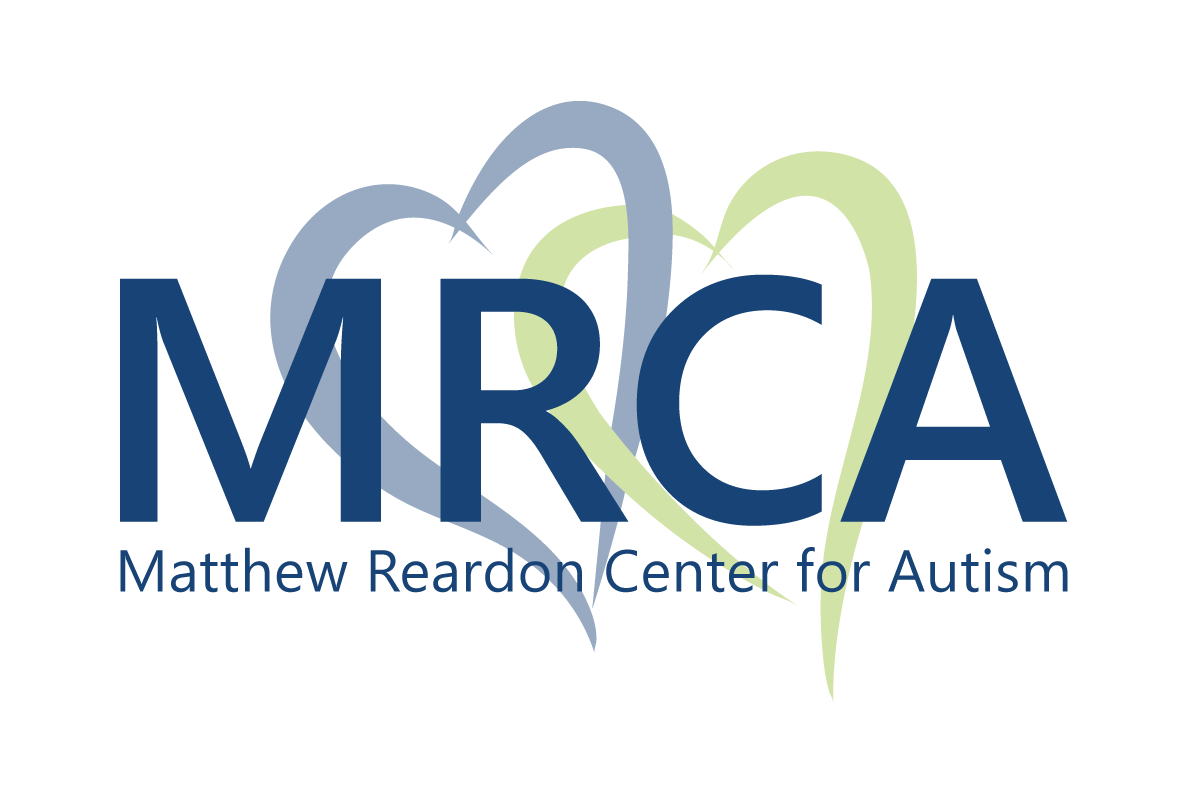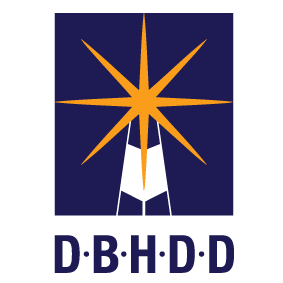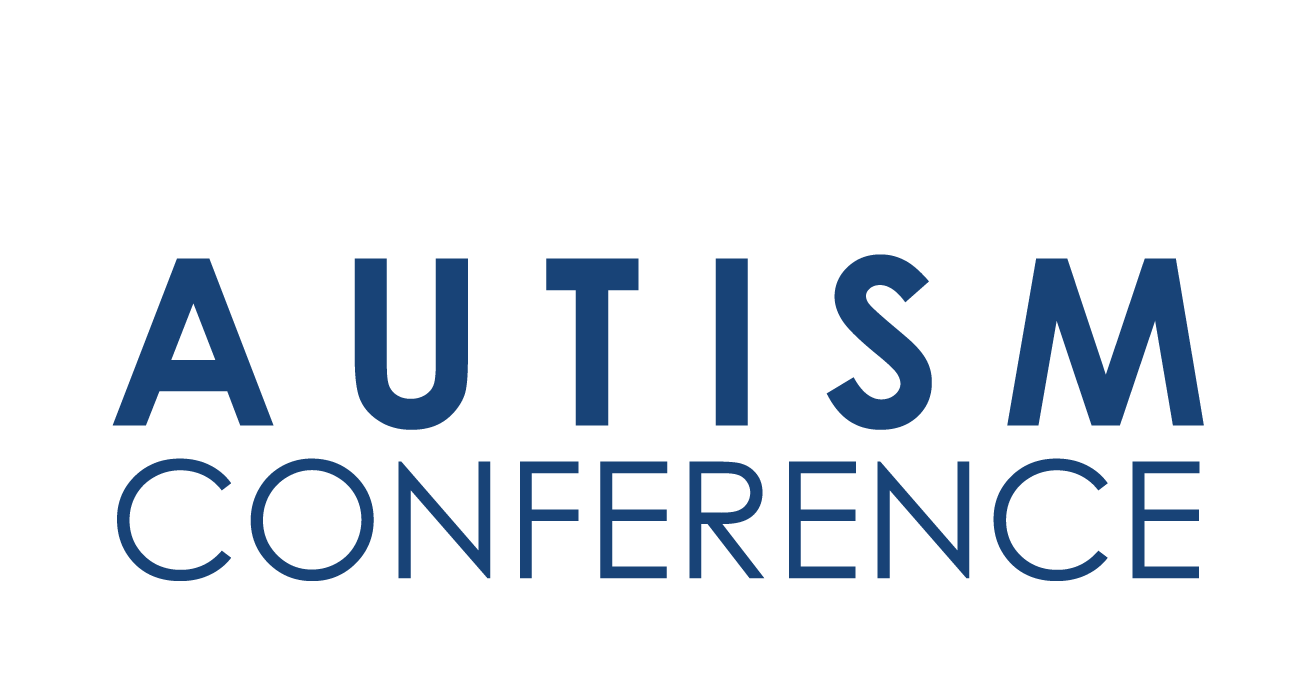Thursday, February 6th, 2020
7:15am to 7:50am
Doors Open & Registration
8:00am to 8:15am
Opening remarks
8:20am to 9:00am
Opening Plenary
9:00am to 9:15am
Break
9:15 o 10:45am
Session 1
Through a combination of multimedia presentation, small group discussion, and role play, participants will learn deep knowledge of IDEA law, placement and FAPE as well as its role in the history of people with disabilities.
The use of music to teach children with autism is widely accepted as a valuable therapy tool. This program gives an overview of how music can be used to promote speech and language skills in therapy and at home. Get practical strategies for using music and songs to promote growth in attention, engagement, social skills, imitation, following directions, answering and asking questions, commenting, increasing vocabulary, and learning daily routines.
The purpose of this presentation is to demonstrate how working on daily living tasks as part of therapy for those with ASD from an early age will benefit them throughout their lifetime.
Learning Objectives:
- Participants will learn the importance of the role of language and social language development in developing independence in performance of ADLs;
- Participants will learn how to guide students in the tasks of developing key words in order to conduct a search, for example, on Google; how to develop the skills necessary to make a checklist of needed materials and how to use one; the importance of mastering a skill and teaching that skill or guiding others (working memory, sequencing and gaining independence);
- Participants will learn how to help guide students to noticing non-verbal reactions, noticing and reacting appropriately to environment and developing lists of appropriate social questions.
Read Kathy’s bio here.
Purpose Statement: To assist parents and community members learn a variety of ways (paid, natural, digital) supports to teach social skills to individuals with autism across the lifespan.
10:45am to 11:00am
Break
11:00am to 12:30pm
Session 2
Through a combination of multimedia presentation, small group discussion, and role play, participants will learn deep knowledge of IDEA law, placement and FAPE as well as its role in the history of people with disabilities.
When teaching young children with autism to communicate, we must evaluate a child’s communication skills, explore techniques that facilitate those skills, and teach those same skills to parents and others who are connected with them. The job can be daunting at times.
This seminar emphasizes an immediately usable framework for identifying a child’s communication skills. It combines that framework with practical activities and techniques that are used daily by this presenter. You will leave having some organization to a complex but very rewarding job. If you want a practical seminar filled with love and enthusiasm for the work we do, join Rachel as she describes how to teach young children with autism and how to support caregivers along the way. This session is great for professionals as well as caregivers of young children.
This implementation class will focus on using AAC in the classroom during speaking, reading and writing activities. Participants will learn about the importance of language development and core vocabulary, teaching methods to promote the use of core vocabulary across environments and strategies to engineer the classroom. In addition, participants will learn how to select target vocabulary for classroom activities based on language development principles. Methods for finding and teaching vocabulary will be covered, including icon tutor/word finder, vocabulary builder and write with icons. Finally, attendees will learn how to set up and deliver activities to foster communication. Practical examples and materials will be used throughout the class. The strategies presented will cover a range of communicative abilities and can be applied to a variety of language systems and communication devices.
Miyah uses her personal story as an autistic woman to elucidate the experiences of being diagnosed, being educated in the special education setting, working in sheltered workshops, and dating.
12:30pm to 1:30pm
Lunch
1:30pm to 3:00pm
Session 3
Through a combination of multimedia presentation, small group discussion, and role play, participants will learn deep knowledge of IDEA law, placement and FAPE as well as its role in the history of people with disabilities.
The current series of presentations will highlight decades of research on precision teaching – a measurement system that promotes accelerated learning outcomes for students of all types and ages. These methods have produced exceptional outcomes, with students making two years or more academic progress with one year of instruction. Participants will learn the steps of precision teaching, as well as the importance of fluency-based instruction. Participants will then learn how to create practice materials to assess learning and performance as well as learn how to use learner-verified mastery criteria as part of their academic and social programming. Participants will get sample programs and materials to reference throughout.
This panel discussion will feature 4-5 local young adults, and or their representatives who will discuss their successes and challenges, and explore their experiences in post secondary education, seeking employment, and daily life.
Facilitated by, Susanna Miller-Raines, Operations Coordinator and Community Support Specialist at The Center for Leadership in Disability at Georgia State University.
With a growing research base of knowledge about ASD in girls and how they might differ from boys, the purpose of this talk is to help providers and community members better understand and identify ASD in girls and women.
3:00pm to 3:15pm
Break
3:15pm to 4:45pm
Session 4
Through a combination of multimedia presentation, small group discussion, and role play, participants will learn deep knowledge of IDEA law, placement and FAPE as well as its role in the history of people with disabilities.
The current series of presentations will highlight decades of research on precision teaching – a measurement system that promotes accelerated learning outcomes for students of all types and ages. These methods have produced exceptional outcomes, with students making two years or more academic progress with one year of instruction. Participants will learn the steps of precision teaching, as well as the importance of fluency-based instruction. Participants will then learn how to create practice materials to assess learning and performance as well as learn how to use learner-verified mastery criteria as part of their academic and social programming. Participants will get sample programs and materials to reference throughout.
Inclusive postsecondary education (IPSE) programs within colleges and universities is a growing movement in the education of young adults with intellectual disabilities. There are now 9 programs in Georgia and over 270 such programs in the US. We will address background and strategies for transitioning students into IPSE. Clear, careful preparation of these youth and their families is necessary, as much as it is for their typical peers. This presentation will discuss the climate for IPSE in Georgia, the requirements of IPSE programs and lead participants through a process of developing appropriate transition goals and activities for Transition Plans.
It is becoming more evident that autism presents differently in women and girls than it does in boys and men. The implications of these differences means more girls go undiagnosed or are diagnosed at a later age than their male counterparts. This panel discussion will feature 4-5 autistic women who will share their experiences as women on the spectrum.



